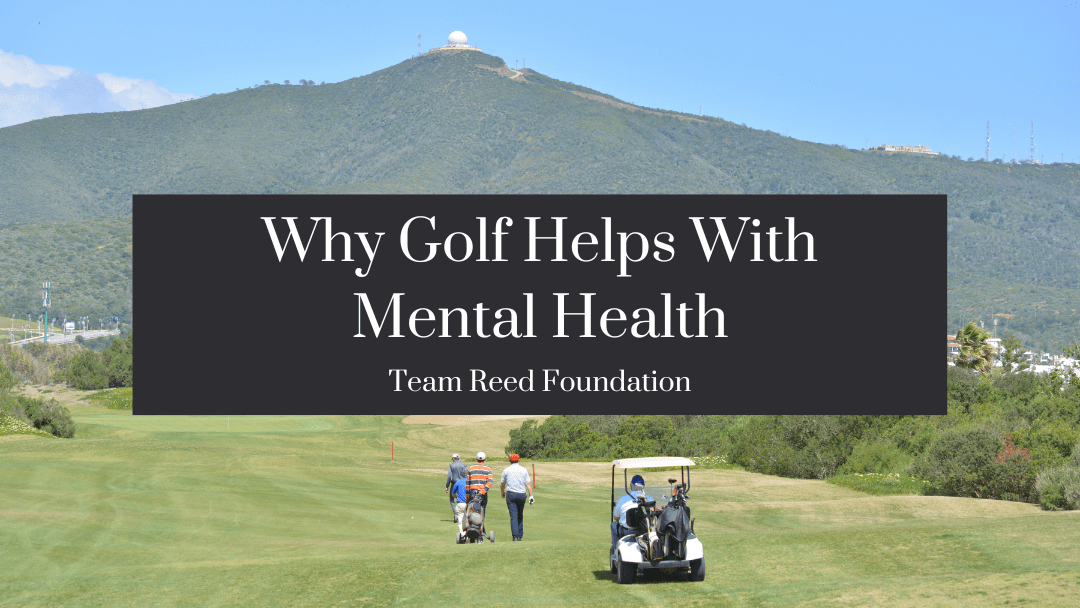There are so many reasons why people play golf. It can get you outside, improve your social life, and make new friends. But did you know that it also has mental health benefits? Not only does it help your body, but it can boost your brain function. In this article is a list of four ways golf boosts mental health.
Stress Reduction
Aside from being fun, playing golf can also help reduce stress. One of the most common reasons people ask why they play golf is that it can relieve stress. It’s because it can involve a combination of physical and mental activities. One of the most effective ways to relieve stress is through green exercise, a sport involving moving around in the great outdoors.
Getting outside is also known to stimulate the production of serotonin in the body. This chemical plays a significant role in the development of one’s mood. When sunlight hits your eyes, more serotonin is released, which helps boost one’s perspective.
Decreases Anxiety
The combination of playing golf and reducing anxiety can also help improve one’s mental health. Although green exercise can help lower stress, a long-term reduction in pressure can have surprising long-term benefits.
The combination of social interaction and golf can result in a considerable decrease in anxiety. According to studies, people who play golf live five years longer than those who don’t. If your spouse or partner gets upset that you’re playing on the fourth day of the week, you have another reason to justify your decision to join the sport.
Promotes Socialization
Although playing golf won’t eliminate symptoms of depression, it can help decrease them significantly. Like a runner’s high, the production of endorphins by playing golf can help boost one’s mood. It’s important to note that golf isn’t as intense as regular exercise but can help decrease depression.
Life Skills
Although life skills are essential regardless of one’s age, golf can help improve them. For instance, you can improve your confidence and move on from the incident by learning how to accept and forgive yourself after hitting a bad shot. There are many parallels between life and golf, and refining and improving one’s abilities to receive and focus on the good can help increase one’s mental maturity and mental health.

